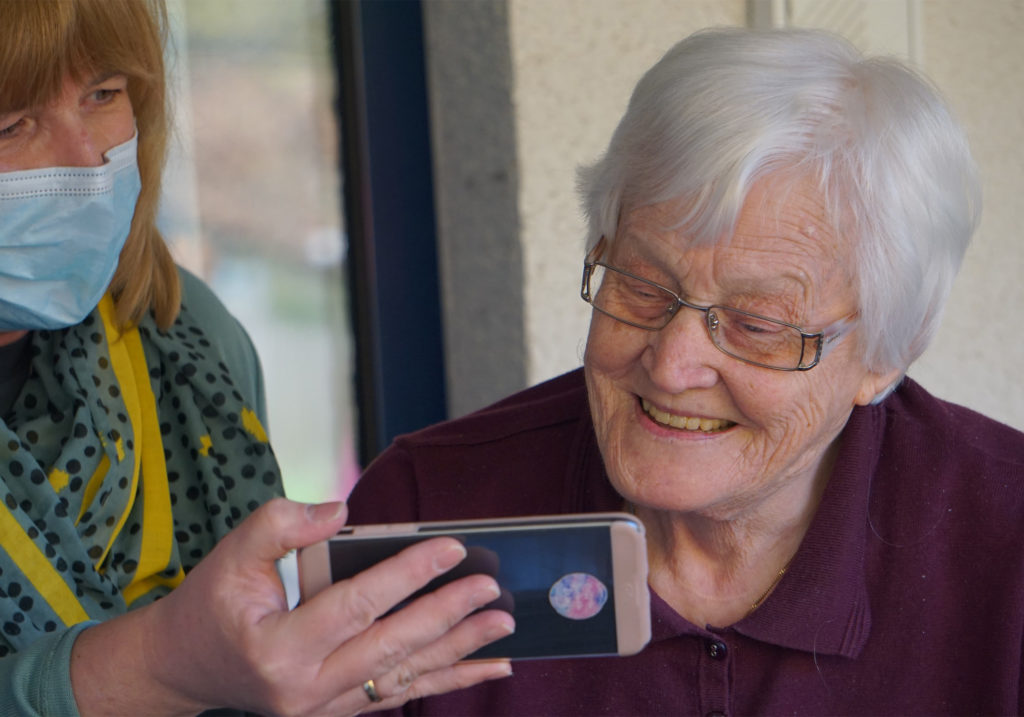Having tough conversations with parents or other older adults who need some help never comes easy. It usually takes time and over a series of conversations.

Getting older is definitely not a cakewalk. If there is one thing that is true for every living person on this planet it is that everyone of us will get older. No one yet has ever figured out a way around this fact of life. And it is also a given that as our bodies age every one of us will be more susceptible to developing one or more of the 3 D’s – disease, disability or dementia. Chances are many individuals who are not even at retirement age have already developed one or more of these conditions.
Supporting aging parents brings a host of challenges, and communication issues rank high. If you’re struggling with what to do when elderly parents refuse help, you’re not alone: A whopping 77% of adult children believe their parents are stubborn about taking their advice or getting help with daily tasks, according to a study by researchers at Penn State University. Fortunately, the situation isn’t hopeless.
Aging is a difficult process for virtually everyone. Many older adults are living with dementia or mental health issues, including anxiety and depression. Learning how to tell an elderly parent they need help through incorporating their feelings can help you communicate with them better.
While it may feel as if you and your parents have switched roles at times, assisting elderly parents who refuse help is easier when you acknowledge them and treat them with respect.
Stay calm and be the bigger person
Take a deep breath and be patient. Family in denial about seniors needing help are incredibly frustrating. Even if you really don’t want to bite your tongue, it helps to stay calm and be the bigger person. Do your best to be kind and understanding when speaking with someone in denial. Showing anger or being sarcastic will only make them dig their heels in deeper or feel justified in resisting your reasoning.
Share educational information
Sometimes denial comes from not fully understanding the situation. Seniors often shutdown when they don’t understand something or if it’s overwhelming. Share educational information that explains your older adult’s condition, typical symptoms, and the type of care they’ll most likely need.
Meet together with an expert
It’s important to Include your loved one in the conversation. It will help you by having an ally in the conversation and will avoid them becoming suspicious of your motives. Some family members may not believe you, but might listen to an impartial expert. Offer to go together to talk with the doctor about your older adult’s health and care needs.
Or, ask an impartial person like a geriatric care manager, elder mediator, or spiritual leader to attend a family meeting and facilitate an open discussion.
In the end…
Even if you can’t break through someone’s denial, you can at least move on and make decisions without their input, knowing that you did your best to help them understand. Having these frequent discussions in small bites may assist you in the end, rather than springing everything on them at once. You may get better results!


